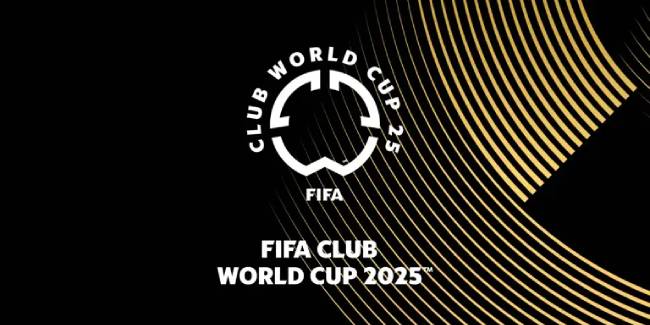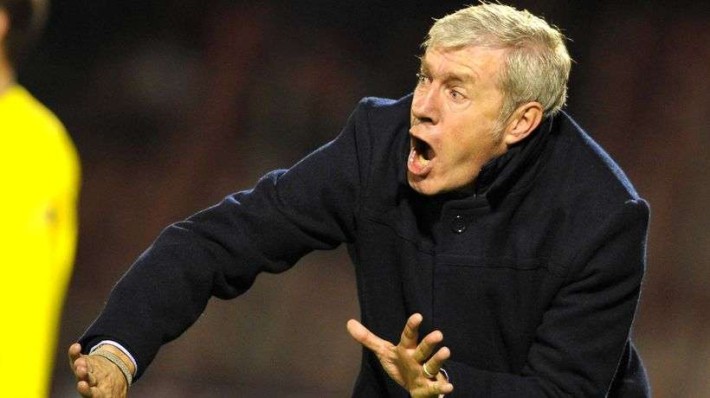FIFA has yet to finalize the financial distribution model for the 2025 Club World Cup, which will feature 32 teams and take place from June 14 to July 13 in the United States.
Despite the competition’s scale, FIFA President Gianni Infantino assured that the tournament would not require the organization to dip into its financial reserves.
In a virtual meeting with representatives from the participating clubs, FIFA disclosed that the prize money would not be distributed equally among the teams.
Instead, each club will receive an initial fixed payment, though the specific amount remains undetermined.
Beyond this, the rewards will vary based on each team’s performance during the competition.
FIFA emphasized that its approach aims to maintain balance in domestic leagues, warning that disproportionately large payments to individual clubs could skew competition in national championships.
The financial rewards structure must ensure fairness while supporting the competitive integrity of both the tournament and the leagues our clubs represent,” a FIFA spokesperson reportedly stated during the meeting.
Despite these assurances, major European clubs are pushing for a significant portion of the prize pool, arguing that their prominence and fan appeal play a critical role in driving global interest in the tournament.
These clubs contend that their contributions to the competition’s visibility and marketability should be reflected in the financial rewards.
The debate over the prize structure has sparked concerns about the broader implications for football economics.
Smaller clubs may feel disadvantaged if financial incentives disproportionately favor larger teams.
However, supporters of the performance-based model argue that it motivates clubs to excel and provides a meritocratic approach to financial distribution.
With less than two years until the tournament kicks off, the issue of prize money allocation remains a key topic of negotiation.
FIFA is under pressure to strike a balance between rewarding the tournament’s most successful teams and ensuring that all participants feel adequately recognized for their efforts.
As discussions continue, the world’s football fans and stakeholders await clarity on how the Club World Cup’s financial rewards will be divided.












